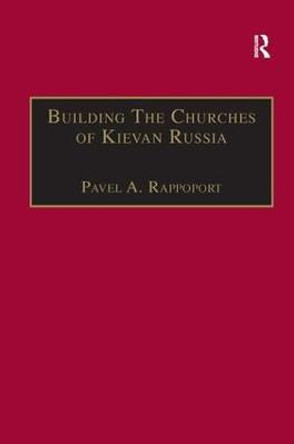Description
Khazanov's careful untangling of this discourse in the late Soviet period reveals a process that involved figures of all political stripes, from staunch conservatives to avowed intelligentsia liberals. Further, Khazanov shows that this process occurred not outside of or in opposition to Soviet guidance and censorship, but in mainstream Soviet culture that commanded wide audiences, especially among the Soviet middle class. Excavating the cultural logic of this newly foundational, mythic memory of a "lost Russia," Khazanov reveals why, despite the apparently liberal achievement of the collapse of the Soviet Union in 1991, Boris Yeltsin (and later, Vladamir Putin) successfully steered Russia into oligarchy and increasing autocracy. The anti-Soviet memory of the pre-Soviet past, ironically constructed during the late socialist period, became and remains a politically salient narrative, a point of consensus that surprisingly attracts both contemporary regime loyalists and their would-be liberal opposition.
About the Author
Pavel Khazanov is an assistant professor of Russian at Rutgers University, where he teaches courses on Russian literature and history.
Reviews
"An original, significant, thought-provoking contribution that examines the discourse of the late Soviet mass intelligentsia about the pre-Soviet past and incisively illustrates its continued salience in contemporary Russian cultural politics."-Nancy Condee, author of The Imperial Trace: Recent Russian Cinema
"A beautifully written, and often moving, account of the construction of prerevolutionary Russian cultural memory in the late Soviet and post-Soviet periods. Khazanov's documentation is rich, his analysis convincing, and his narrative engaging and compelling."-Alexandar Mihailovic, author of Illiberal Vanguard: Populist Elitism in the United States and Russia
Book Information
ISBN 9780299345105
Author Pavel Khazanov
Format Hardback
Page Count 208
Imprint University of Wisconsin Press
Publisher University of Wisconsin Press









![All That We Have Lost by Suzanne Fortin 9781800243781 [USED COPY] All That We Have Lost by Suzanne Fortin 9781800243781 [USED COPY]](https://cdn11.bigcommerce.com/s-zkx5lhzlf8/images/stencil/444x444/products/4823672/4822905/9781800243781__33436.1721813999.jpg?c=1)